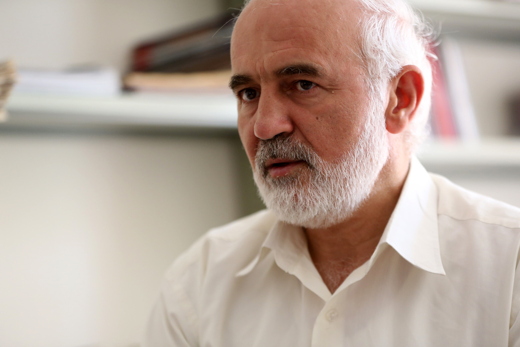Etemad newspaper on December 2 filed the remarks of Ahmad Tavakoli, an MP representing Tehran in the Islamic Consultative Assembly, on the need for having a multiparty system in the chamber, a mechanism which allows different parties to get involved in politics in quest of a broad national goal. The following is the translation of what Tavakoli had to say:
Attention to people’s subsistence and efforts toward improving it are among the upsides of parliament, but the fact of the matter is that such efforts are not always fruitful.
The absence of a powerful party system is the main drawback to parliament’s structural makeup, one which affects the decisions the Islamic Consultative Assembly makes.
To pass a motion in parliament, a certain number of votes are needed; the chamber cannot finalize some questions if the decision-making process does not take into account partisan viewpoints.
At the current situation in the absence of powerful parties, parliament’s efficiency is called into question. So during a [parliamentary] election, hopefuls try to win people’s vote. To that end, they make election promises which are unlikely to be implementable down the line, but to people they sound great. When in parliament, those who want to perform well try to pursue their pre-election promises.
Our people avoid getting involved in partisan and collective experiences; that’s why parties fail to assume power and be part of the country’s political lineup. As a result, the candidates who become members of parliament representing no party [or with no partisan inclination] put local and regional questions above national issues.
In so doing, the country’s affairs are not run properly. On the other hand, MPs interfere in [government] measures to appoint and sack officials only to serve their own interests, and the executive branch gives up. People’s interests are what is lost or put at risk.
What has been quite evident in the ninth parliament is inattention to scientific and empirical matters when the legislative body make laws, and bills are not studied from an expert point of view.
When it comes to presiding over the chamber, we see that parliament’s guidelines are not fully respected and this damages deputies’ right to follow up on efforts to protect people’s interests.

